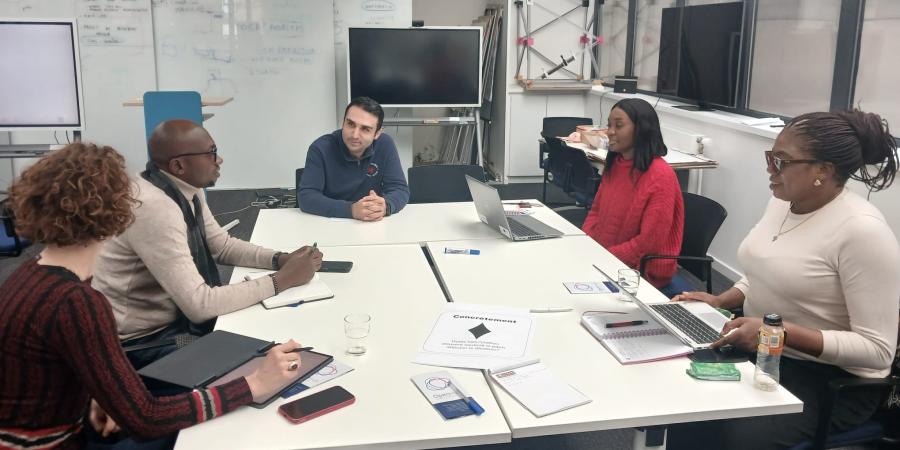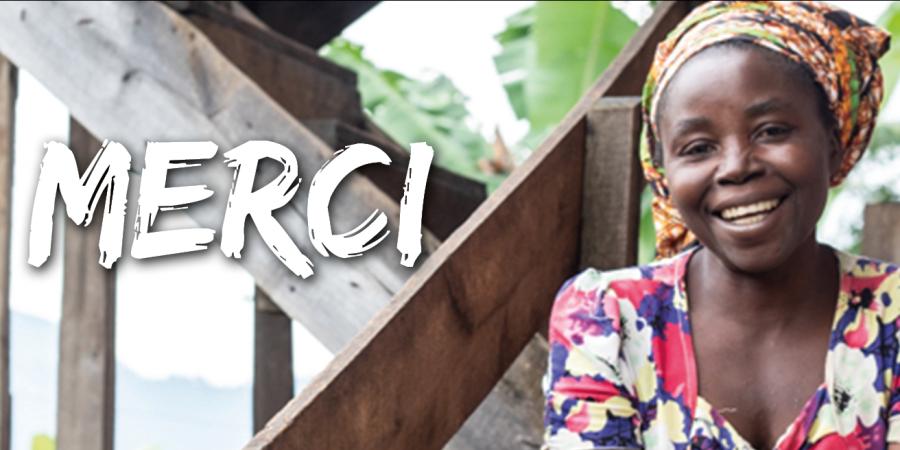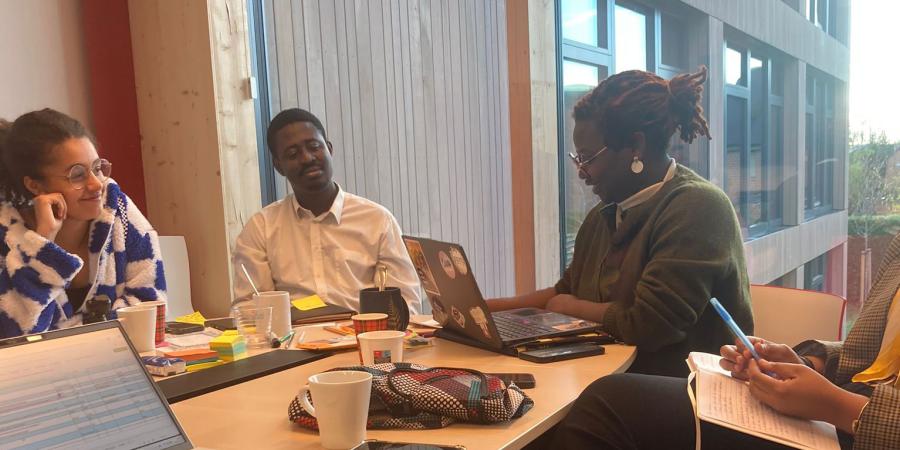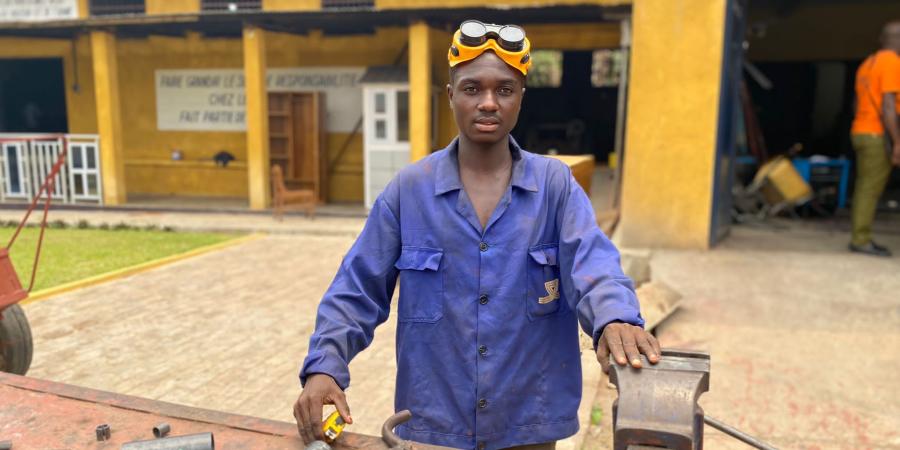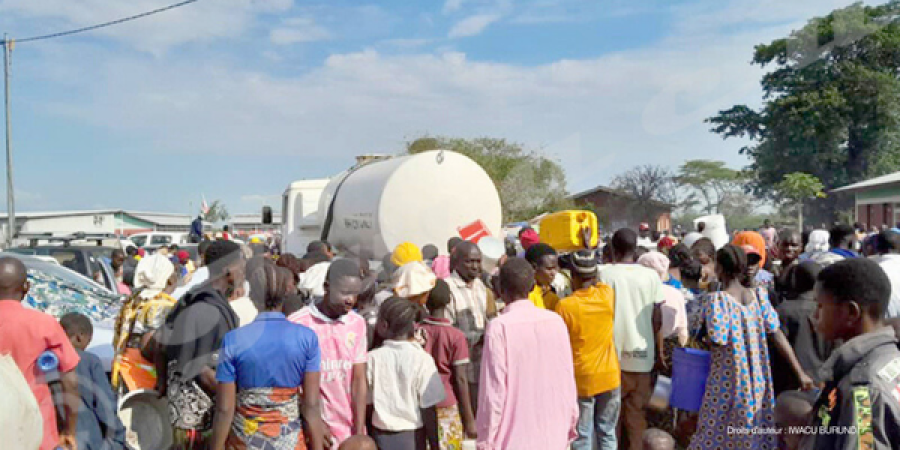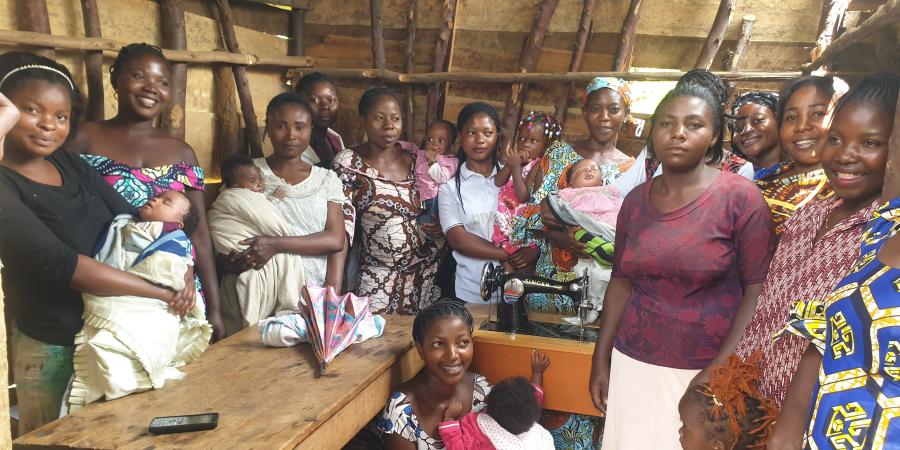Street children and young people: 10 years of support
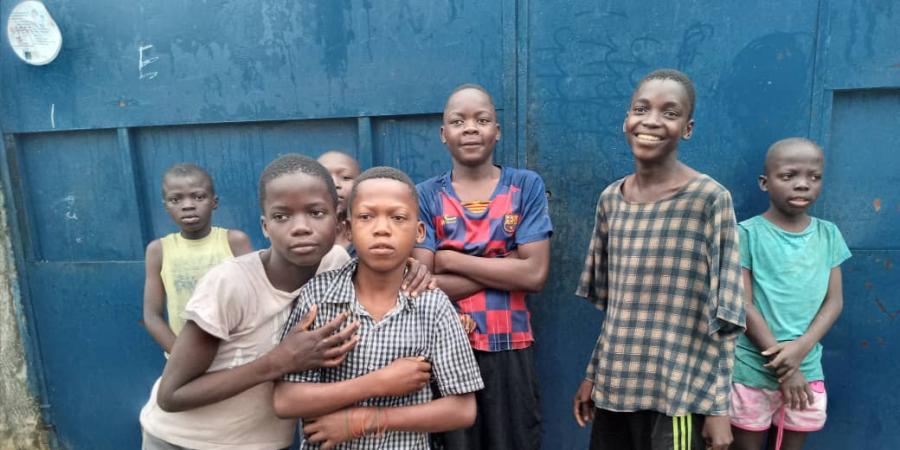
Street children and young people: 10 years of support
Our project to support street children in Kinshasa was launched in 2015. Ten years later, it has evolved, taken off, and is proving more essential than ever.
250 children aged between 6 and 18, looked after by a partner center, ORPER, for 3 years, thanks to an unprecedented partnership between the Monsengwo Foundation, the Lintrust et enfants Foundation, the Entrepreneurs pour Entrepreneurs (OVO) association and Louvain Coopération. This was the framework of our very first project to support street children in Kinshasa, launched in April 2015.
Even back then, the needs were immense. It was estimated that more than 25,000 children and teenagers were left to fend for themselves in the sprawling Congolese capital. These children, some of them very young, lack everything and are easy prey for drug, gang and prostitution networks.
Faced with all these traumas, it seemed essential to us to innovate from the outset, and to add a psychosocial dimension to this project: in the reception centers, the vital needs of the children are met, and, in addition, they are accompanied by specialized educators and psychologists trained in the psychosocial approach, in order to gradually rebuild their confidence in themselves and in others. Once stabilized, the children can begin their journey towards a return to their family, (re)enrolment in school or the start of vocational training.
An increasingly tough context
Even if the statistics on the phenomenon of children living on the street are scarce and unreliable, all those involved in the field agree that the situation in Kinshasa is declining. The socio-economic crisis affecting the city and the country, exacerbated by the impact of COVID and the poor global economic situation, is forcing hundreds of children and teenagers into the misery of life on the street every day. “The situation has escalated and the Congolese state has taken drastic measures to remedy it. They are arrested during police operations and those who engage in the phenomenon of street banditry called 'Kuluna' are sentenced to death,” says Elie Nsana, Professional Integration Expert in Kinshasa for Louvain Coopération. “We are receiving more and more young people who are asking for support, but the context is very difficult."
Focusing on mental health and social integration
Over the years, our project has evolved to reach more young people and better meet their needs, with the aim of offering them a decent life and a sustainable future. Today, we work with three partners who are responsible for different reception centers. These centers have all introduced a psychosocial dimension into the reintegration process for young people.
"We support the young people, but also their families, and we take an interest in their mental health," explains Stéphanie Mbelu, the psychologist in charge of the project for Louvain Coopération. Antoine Ketikila, the project's coordinating consultant from the start, says: “It hasn't been easy, but this innovation has been well received by the care facilities and psychologists now work on a daily basis in the centers. It's a real success.” The institutions also collaborate with each other, meeting and discussing the monitoring practices and tools that have been put in place. The psychologists and educators themselves receive support, because their job is difficult and takes a heavy toll on their own mental health.
The process of socio-professional integration of young people is also supervised by psychologists, particularly in terms of guidance. “They have designed tests that explore the motivations, interests, personality, etc. of young people. The idea is to select those who have the necessary aptitude to complete the process,” explains Elie Nsana.
In terms of professional integration, our teams have developed numerous partnerships over the years, offering young people a range of different training and apprenticeship options, followed by support to help them start a professional activity. “This follow-up can really make a difference. We work with the young person to develop a strategy to help them find a place in the market. Our various programs complement each other, to give young people more opportunities,” Elie Nsana adds.
The project in a few figures
Since 2015...
| 9.161 | young people reached by the project |
| 1.984 | young people back in school |
| 5.078 | young people enrolled in a socio-professional integration program |
| 7 | psychologists for young people living on the street (psychosocial support) |
| 2 | psychologists from specialized reception centers for the exchange of experience |
Some prospects
Just as it has done over the last ten years, this project will continue to evolve and transform itself to offer a real chance to as many young people from the street as possible. We are considering the possibility of directing young girls towards sectors that are less competitive than cutting and sewing or hairdressing: more innovative professions or those considered to be more masculine. Encouraging young people to turn to agriculture is another avenue, as is teamwork: providing them with a common integration kit with a workspace could increase motivation and therefore the chances of success for young people. According to Stéphanie Mbelu, "They could help each other among themselves. And I would also like to extend the mental health follow-up after their integration. In their community, they are identified as children in street situations and stigmatized. It is therefore important to support them, for their stability, so that they can trust each other and maintain their activity."

